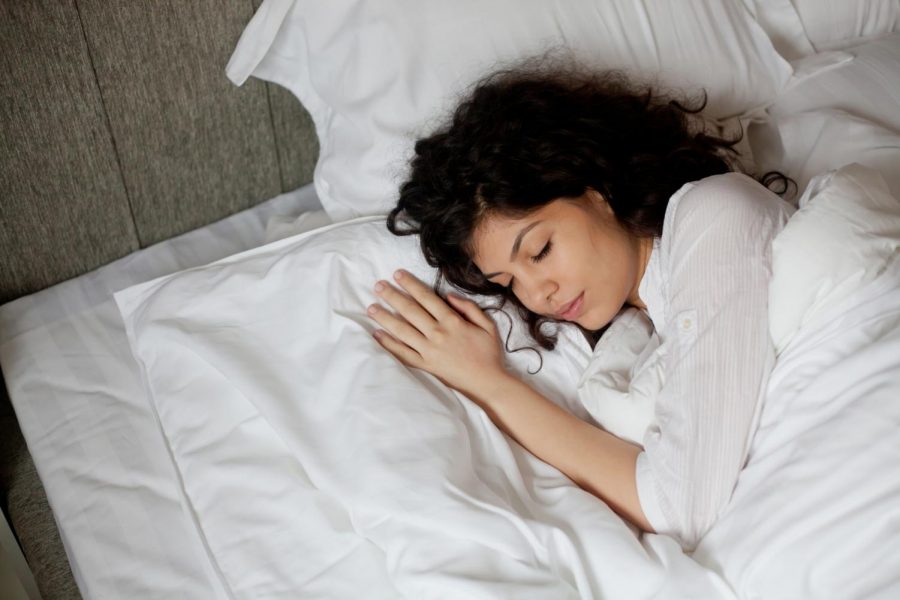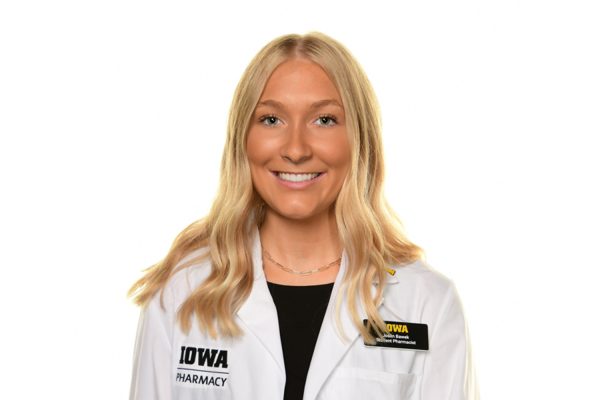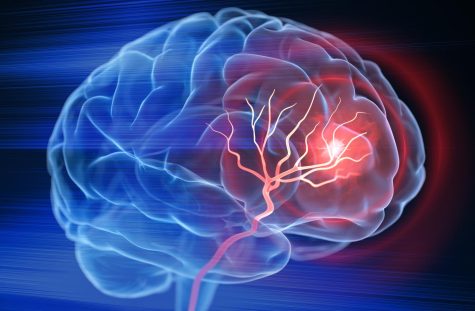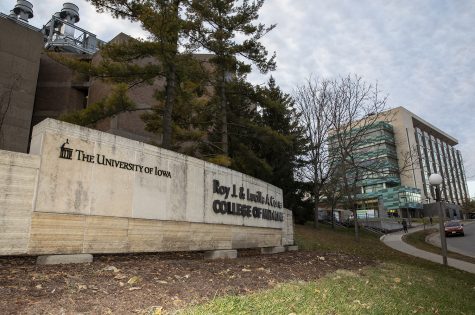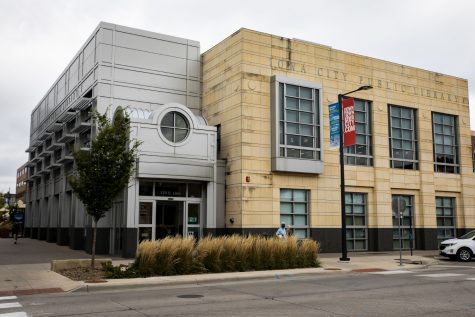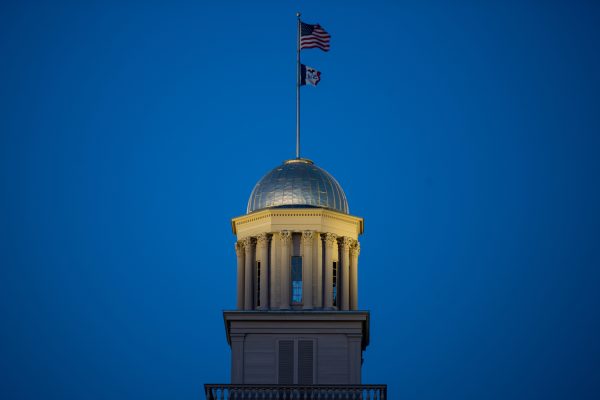The Doctor Is In: To sleep or not to sleep; the slings and arrows of too little
The effects of sleep deprivation are many and multifold — the physical, mental, and psychological toll is often a great consequence to the health of young adults and teens.
January 15, 2019
One more hour of Netflix. Ten more minutes on Instagram. We all have delayed our sleep at some point. However, the less we sleep, the more we lose focus and concentration and the less we are the people we want to be.
In this day and age, in which our attention is continually being drawn to the newest on-demand headline or the awaiting text message on our phones, our sleep is what we have sacrificed. It’s a byproduct of our workaholic attitude and our technology-centric society. This movement seems to be hitting younger and younger, where we see even children fixated on using their iPhones or iPads (which they are quite adept at) all through the day and often in the middle of the night.
But the crossroads of all these stressors hits most strikingly at the high-school and college levels. Every year, a new batch of freshmen are introduced to social and academic stressors the like of which they have never encountered. Nights are often filled with cram sessions and weekends with late-night parties and binge drinking. Sometimes the demands are so overwhelming that they result in devastating consequences.
We all know the basic tenet that sleep is vital, and we know that not having enough makes us feel off our game. But many do not put one and one together to realize what chronic sleep debt, let alone missing a single night of snoozing, does to our overall physical and mental well-being.
The Centers for Disease Control & Prevention reports that on average, a person sleeps approximately one-and-a-half to two hours fewer than a person in the last century. A teenager on average requires eight to 10 hours per day to function properly, and to make matters worse, the natural circadian rhythm of teens and young adults is shifted, so their bodies want to go to sleep and wake up later. A cross-sectional survey found that 69 percent of students did not achieve the recommended eight hours of sleep.
But what havoc does this wreak? The human body undergoes several physiological changes when presented with a lack of sleep that most closely mimics an acute stress response with a release of cortisol, an elevation of white blood cells and a ramping up of the immune system. Downstream, this acute stress response triggers a wave of inflammatory factors that results in weight gain, diabetes, and heart disease. It can also be a contributing factor to strokes, cardiac arrhythmias, and decreased libido.
What about a short and simple all-nighter? What harm could that cause? The truth is that even a single night has detrimental effects.
In fact, in a CDC study of adults who were short sleepers, there was a significant increase in the incidence of 10 chronic diseases including heart attacks, strokes, asthma, cancer, arthritis, and kidney disease. Simply put, you tend to age faster and look and feel worse in comparison.
Beyond the physical toll, the mental and psychological effects loom, and they are often of greater consequence for typically healthy young adults and teens. The negative effects of sleep deprivation affect memory and concentration, trigger mood changes, hinder creativity and problem-solving skills, and lead to increased accidents and poor performance. While the exact mechanism is not known, the prevailing hypotheses argue that certain memories, including how to perform a task or remember certain facts, are based on the succession of sleep cycles through REM and non-REM sleep. These successive patterns are abruptly shortened when our sleep is cut short, which stops us from consolidating our memories.
Last, it may be critical in our happiness because irregular sleep schedules have been associated with a greater prevalence of depressive symptoms, which is especially a problem in our college years — nearly 1 in 5 report a diagnosis of depression. What about a short and simple all-nighter? What harm could that cause? The truth is that even a single night has detrimental effects.
This troubling trend will only worsen as technology creeps into our bedtimes and our sleep hygiene is further disrupted. Awareness is key, as is understanding the impact of sleep on learning and on the health of students. People can take steps to alleviate this, such as delaying morning classes or timed naps throughout the day, both of which have shown to be habits of high academic performers. The bottom line is be wary the next time you choose to stay awake those few extra hours.
— Pavane Gorrepati
M.D. candidate
University of Iowa
Carver College of Medicine



